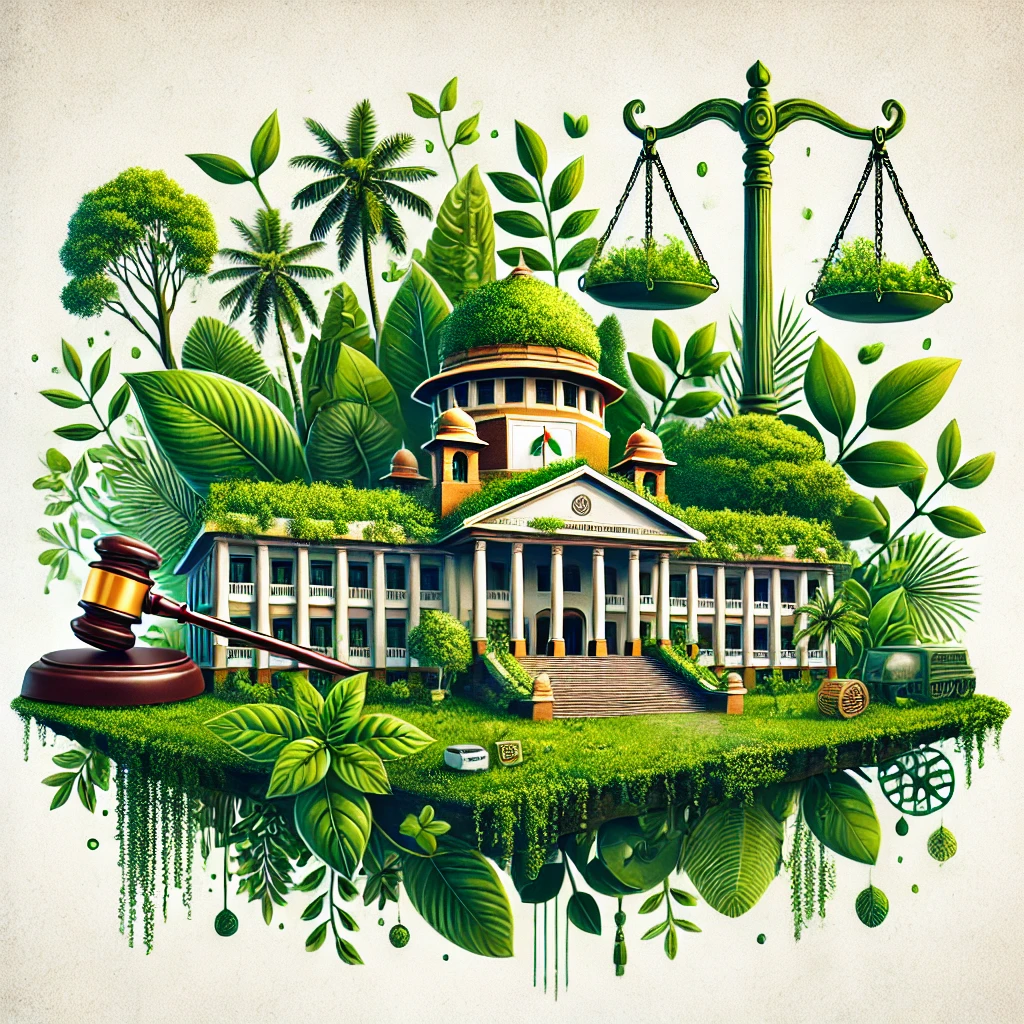Environmental laws at Algeria
Algeria has a number of environmental laws and regulations in place aimed at protecting its natural resources and addressing environmental issues. The country has made significant efforts to align its environmental policies with international standards, though challenges remain in enforcement and implementation. Below are key elements of Algeria's environmental legal framework:
1. Environmental Protection Act (2003)
Law No. 02-03 (2003) is the principal legislation governing environmental protection in Algeria. This law provides the legal framework for the protection and management of natural resources and aims to reduce environmental degradation.
It sets out the responsibilities of the state, local authorities, and businesses in protecting the environment.
It establishes the principle of sustainable development and emphasizes the importance of integrating environmental considerations into various sectors of the economy, such as energy, industry, and agriculture.
2. Environmental Impact Assessments (EIA)
Algerian law requires that major development projects undergo an Environmental Impact Assessment (EIA) to assess potential environmental damage before any project can be approved.
The EIA process is governed by Decree No. 07-126 (2007), which outlines the criteria for evaluating projects' environmental impacts. This decree mandates that industries and large projects must submit EIAs to the Ministry of Environment for approval.
3. Waste Management and Pollution Control
Waste management is an important issue in Algeria. The Waste Management Law (2005) is designed to ensure the proper handling, recycling, and disposal of waste, with an emphasis on reducing pollution and encouraging recycling efforts.
Algeria also has specific regulations targeting hazardous waste, particularly in relation to industries that generate such waste (e.g., oil, gas, and mining industries).
4. Biodiversity and Protected Areas
Algeria is home to a wide range of biodiversity, including endangered species and ecosystems. The Forests and Wildlife Protection Law (2004) establishes measures for the protection of forests and wildlife, including creating protected areas and regulating hunting.
The government has designated several national parks and nature reserves, including Tassili n'Ajjer and Ahaggar National Park, to conserve biodiversity and natural habitats.
5. Climate Change and Renewable Energy Policies
Algeria has been taking steps to address climate change and promote renewable energy sources. The country is a signatory to international agreements such as the Paris Agreement.
In 2015, Algeria adopted a National Climate Plan, which includes measures for reducing greenhouse gas emissions and promoting renewable energy, particularly solar and wind energy.
The Renewable Energy Development Program (launched in 2011) aims to generate 27% of Algeria’s energy from renewable sources by 2030.
6. Water Resources Management
With the country's water scarcity issues, Algeria has enacted several laws aimed at managing water resources more effectively. This includes the Water Law (2005), which regulates the use, preservation, and distribution of water resources.
The law also addresses issues related to the protection of water sources from pollution and waste, as well as the control of water quality.
7. International Commitments
Algeria is a party to various international environmental treaties and agreements, including:
The Convention on Biological Diversity (CBD)
The United Nations Framework Convention on Climate Change (UNFCCC)
The Ramsar Convention on Wetlands
The country has committed to reducing carbon emissions and increasing efforts towards environmental protection as part of its broader sustainable development goals.
8. Institutional Framework
The Ministry of the Environment and Renewable Energy is the primary governmental body responsible for enforcing environmental laws, policies, and strategies in Algeria.
Several agencies and institutions, such as the National Agency for Integrated Waste Management (ANDGED) and the National Agency for the Protection of the Environment (ANPE), assist in enforcing environmental standards and regulations.
Challenges
Despite these laws, Algeria faces challenges in effective enforcement and implementation. These include limited resources, lack of technical expertise, and the ongoing issues related to industrial pollution, waste management, and water scarcity.
Corruption and insufficient public awareness about environmental protection also hinder progress.
In conclusion, Algeria has established a robust legal framework for environmental protection, but continued efforts are needed to improve enforcement, public engagement, and sustainable resource management.












comments